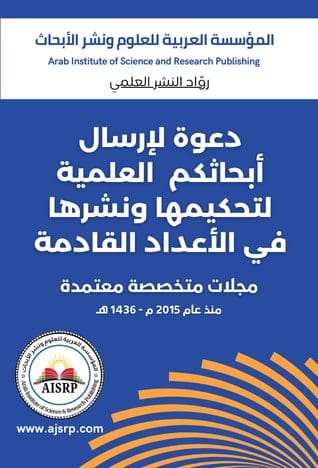Abstract:
The term readiness as used in the prekindergarten education and kindergarten education refers to the preparedness that is expected or given to a child at the stages of learning that happen before getting to the level of kindergarten learning. This is a phase where learning has not been formalized as done in an institution, but has been planned as a way of mitigating the upcoming issues within the developmental phase of the child. In the United States of America, it has been made necessary that every child who goes to a kindergarten school must have had some skill and knowledge impartation done in the process since the child was given birth to this time of joining a school. The readiness of the child exhibits the capability of the child to execute certain levels of knowledge and skill that become an entry behavior to the kindergarten schooling. This research study has sought child readiness and its effectiveness while entering a kindergarten school. The study has used a case scenario based on two types of children; one has gone through a quality prekindergarten training while the other has come directly from no schooling to kindergarten. The effectiveness of these two children as regards performance and progress throughout growth have been assessed and evaluated with monitoring being at stake to realize reliability. The study has further analyzed this case scenario and deliberated on the foundation that prekindergarten imparts learners with the readiness skills that are instrumental in the general progress of the child at the kindergarten level and the other levels that come above.
Keywords:Preschool, Child, USA, Readiness Skills
هل تؤثر دراسة مرحلة ما قبل المدرسة على مهارات الاستعداد لأطفال الولايات المتحدة الأمريكية؟
الملخص
الكلمات المفتاحية: مرحلة ما قبل المدرسة، الطفل، الولايات المتحدة الأمريكية، مهارات الاستعداد
Author /
Safa Hussain Ismail
Florida Institute of Technology || Melbourne || Florida || USA
DOI: 10.26389/AJSRP.S110918 عرض البحث كامل عرض العدد كامل



